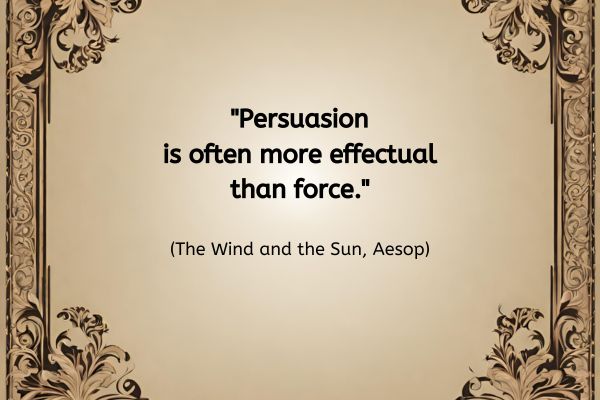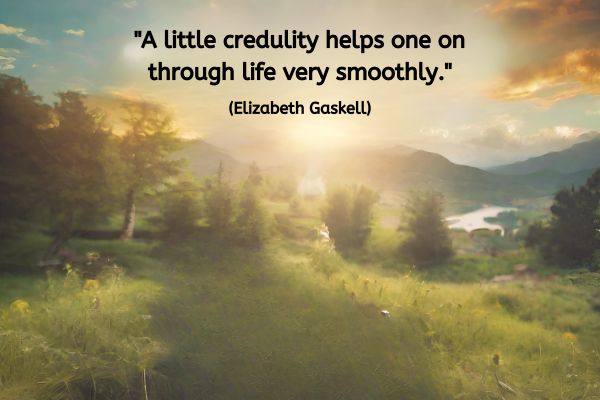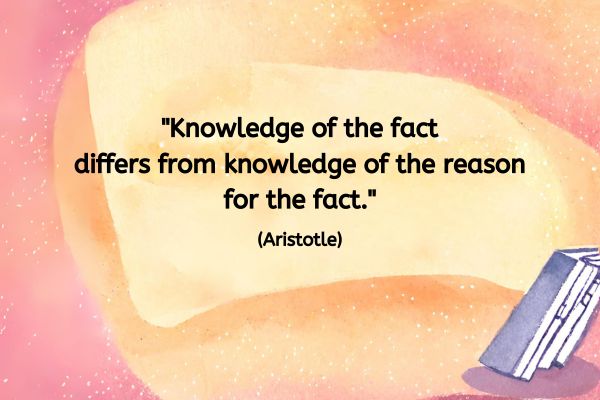The Power of Persuasion in Coaching: Guiding Clients to Self-Discovery

Today’s quote is:
“Persuasion is often more effectual than force.” (The Wind and the Sun, Aesop)
With regards to coaching this prompted a few thoughts from me. It beckons us to reflect on the gentle yet compelling force of persuasion in guiding our clients toward self-discovery and unlocking their true potential.
The Initial Dance:
At the onset of a coaching journey, there exists a delicate dance between coach and client—a period of mutual exploration and understanding. It is not uncommon for my clients to attempt to persuade me of their perceived character flaws or fundamental brokenness as a reason that gets in their way.
Creating a Trustful Space:
I feel that a foundation of effective coaching lies in creating a space of trust where clients feel secure in sharing their deepest thoughts and fears. Listening attentively, understanding their unique struggles, and gently guiding them towards self-discovery are essential aspects of the persuasion process. In this safe space, clients can confront their challenges head-on and recognize the dormant strengths within them.
Truthful Non-Judgemental Refelection and Progress:
I suspect if I’d written this piece several years ago at this point in the post I’d have written something about what to do, listing various potential techniques and exercises. My coaching and style has evolved over time and my answer now is more around looking behind what any exercise etc is designed to do and pointing towards the clients own gentle inate wisdom allowing truthful non-judgemental reflection and progress.
Handling Client Self-Criticism:
Clients being hard on themselves is a common theme in my coaching. Instead of applying forceful directives or attempting to impose change, I think that the art of persuasion involves delicately challenging their negative self-perceptions. Inviting clients to look afresh, highlighting positive aspects, and gently guiding them towards a more constructive perspective empowers them to navigate their inner landscape with ease.
Common Client Persuasions:
It’s interesting to note the various ways clients attempt to convince coaches of their perceived limitations. Whether it’s expressing a lack of potential, what they describe as deep-seated insecurities, or fears of inadequacy, recognising these I think allows coaches to tailor their persuasive techniques accordingly.
Conclusion:
As coaches, our role extends beyond providing solutions; it encompasses the art of persuasion, gently guiding clients toward self-discovery and personal growth. In the realm of coaching, Aesop’s timeless wisdom reminds us that the power of persuasion can be more transformative than force. What’s your experience and thoughts? Feel free to comment below.
About Jen Waller

Jen Waller is on a mission to support, nurture and encourage coaching skills and talents from non-coach to coach and beyond.
As an experienced coach and trainer Jen is happy to utilise all skills at her disposal to assist clients from getting out of their own way and making a difference in the world with their coaching. Find out more about the support Jen offers here.







